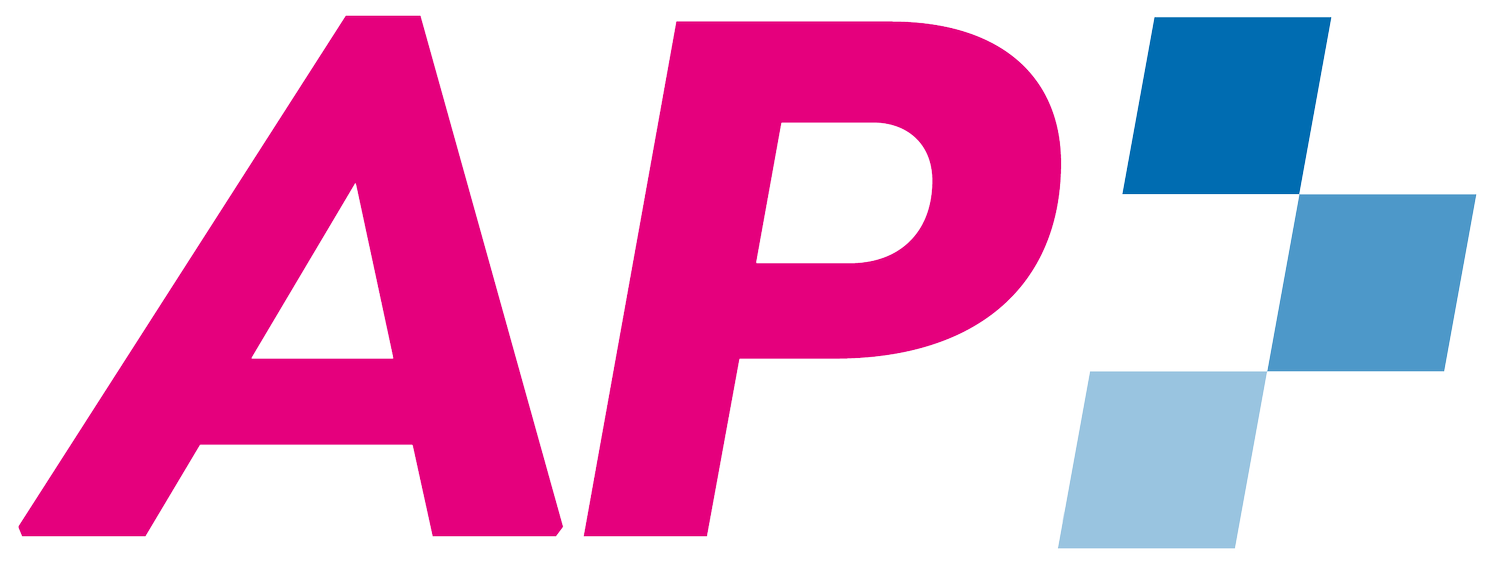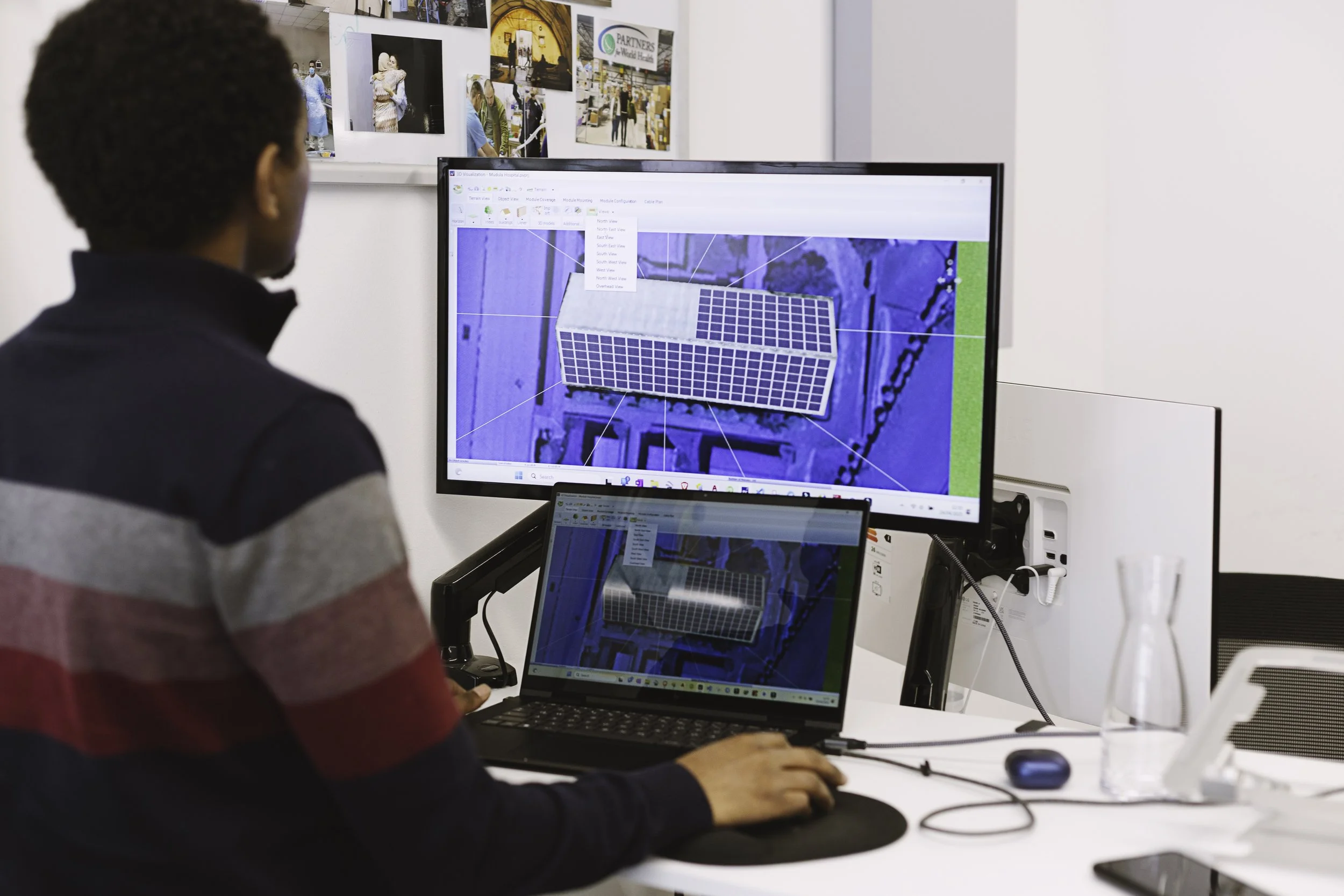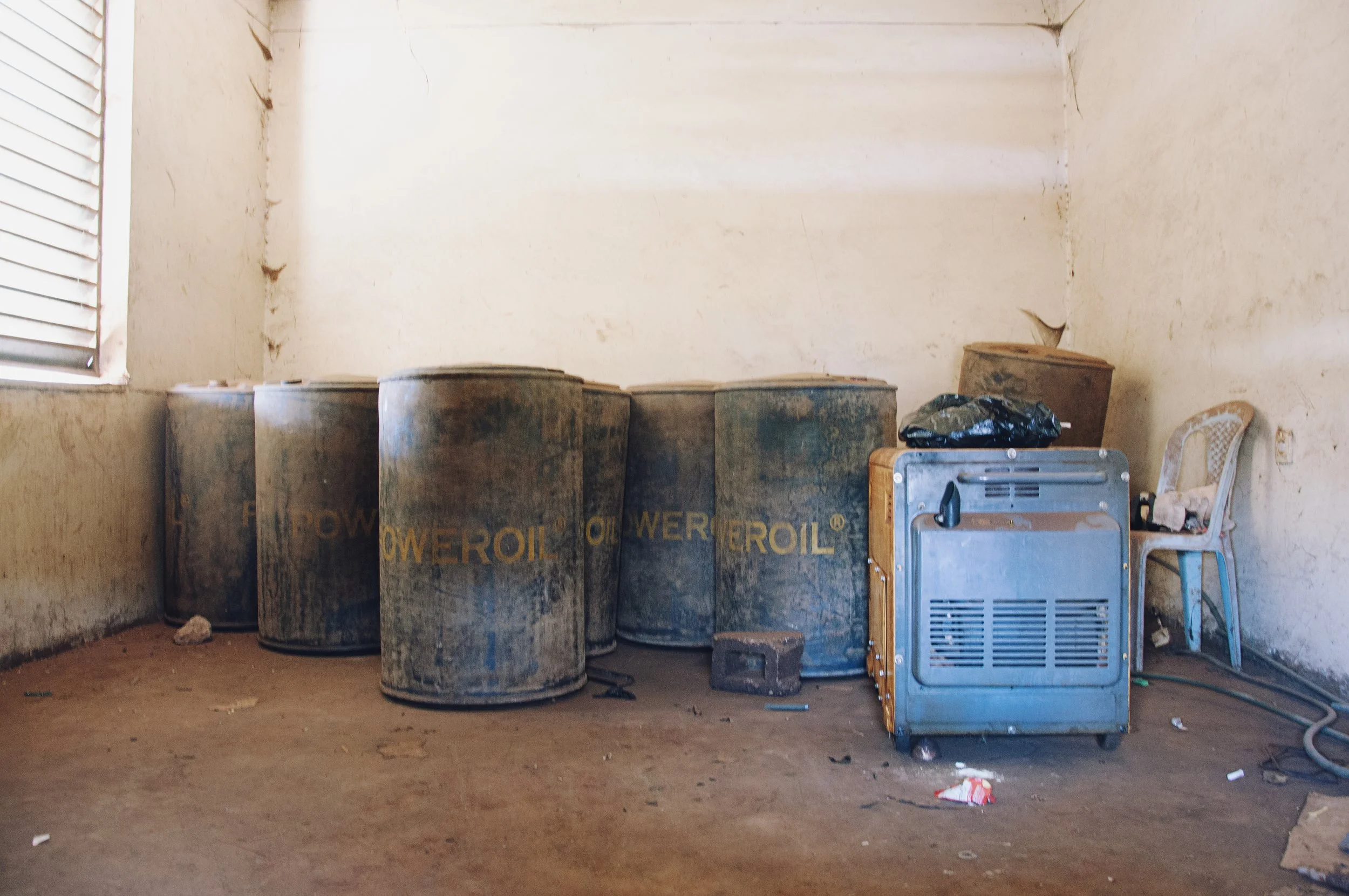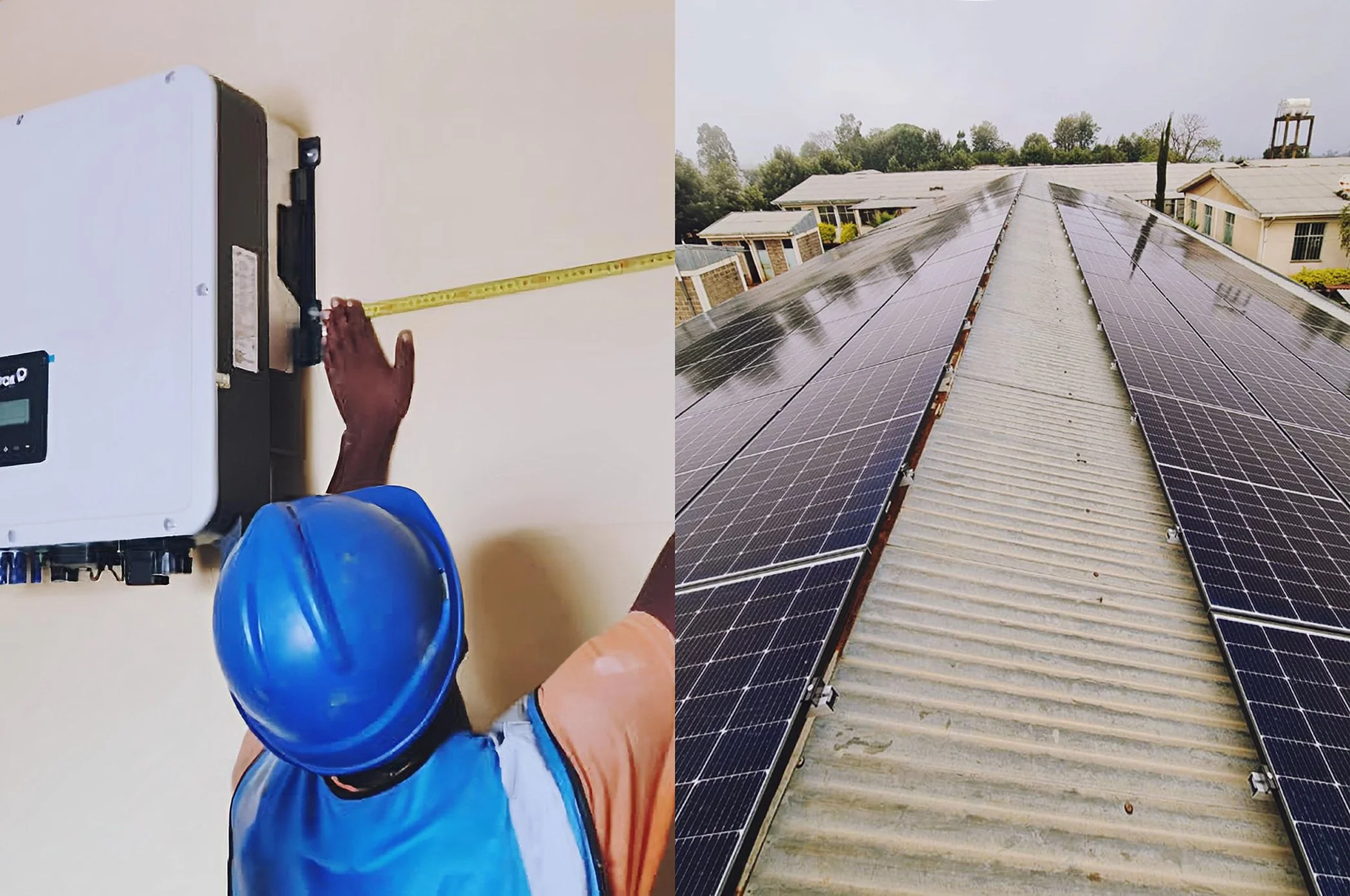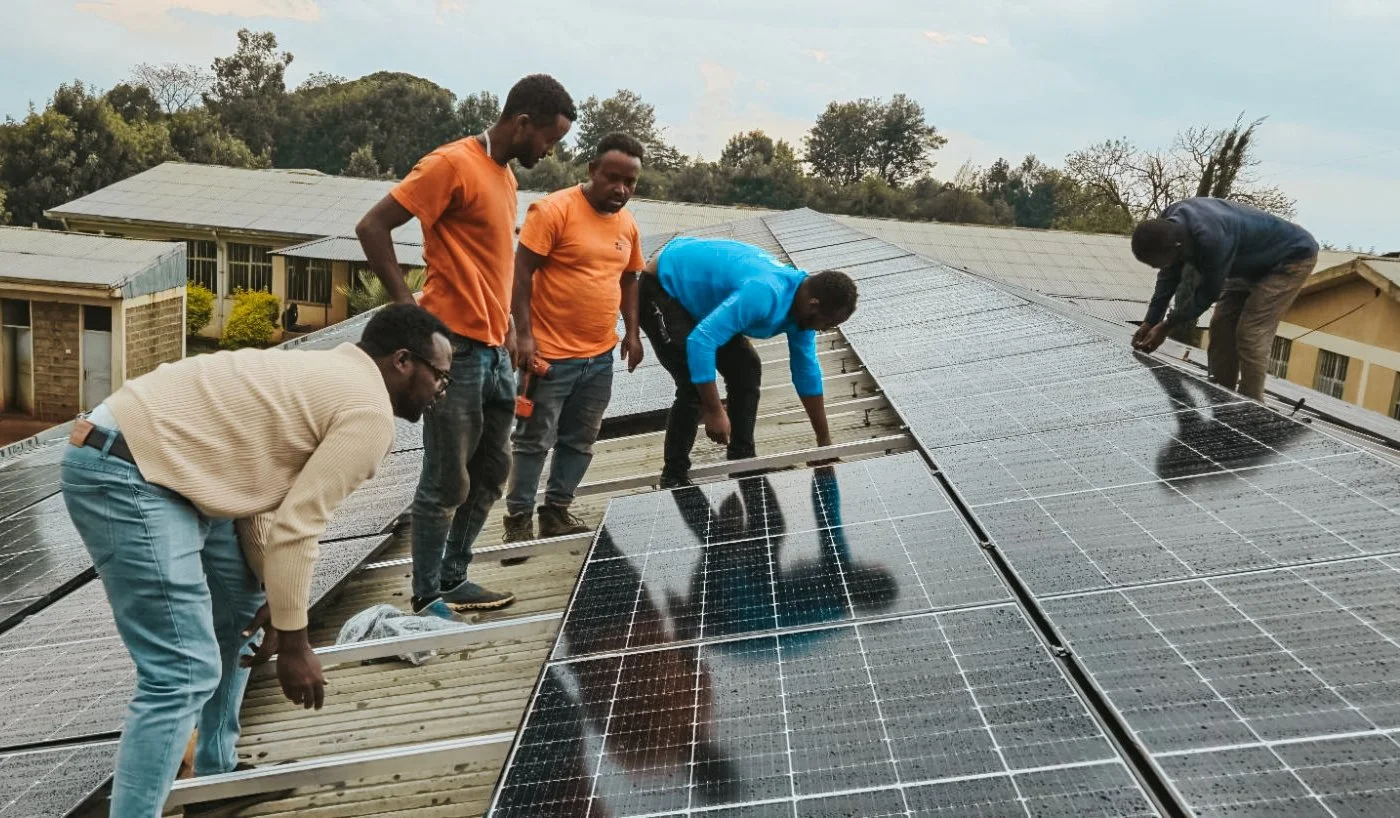AP’s biggest Solar System to date is now live in Ethiopia
The new PV System at Mudula Hospital.
Back in December, our team landed on the red soil of southern Ethiopia, continuing a project seeded months earlier with our close Ethiopian-American partner, WEEMA International. WEEMA’s long-standing presence in the region, especially through their dedicated local office in Mudula, helped connect us to a hospital they’ve worked with for years. Armed with data sheets, tape measures, and a shared mission, we set out to tackle a pressing challenge that has long hindered rural healthcare:
What if a hospital, running on expensive diesel while often lacking the electricity needed to power critical devices, could finally flip the switch to reliable energy?
We’re proud to say: the switch has been flipped!
A new chapter for Mudula Hospital
Mudula Primary Hospital, a rural medical lifeline for over 600,000 people in the Tembaro Special Woreda and neighboring districts of Central Ethiopia Region, is now officially running on solar power. After months of design, coordination, and on-the-ground implementation by the local team from Solar Energy Foundation - our local Ethiopian installation partner - the batteries are finally charged, and for the first time, this hospital can breathe a little easier.
Ethiopia, Africa's second-most populated country with 132 million residents, carries the weight of past crises, and few sectors feel that more deeply than healthcare and energy. Prior to this installation, Mudula Primary Hospital relied on a fragile grid and a diesel generator that was both costly and unreliable. Essential services like operating oxygen concentrators or performing emergency surgeries, were constantly at risk. With 8000 patients per month and 75 beds, the cost of losing power wasn’t just financial - it was human.
The newly installed solar system provides Mudula Primary Hospital with stability and reliability: it enables the hospital staff to focus on their day-to-day operations and allows patients to receive the medical aid they need and deserve.
So, what’s new on the roof? A whole lot, actually.
Thanks to this Ethiopian-American-German collaboration, the hospital now runs on a robust solar energy system:
73.4 kWp of solar panels across 400 m² (about two tennis courts)
110 kWh of battery storage to ensure power during outages and nighttime
90% of the hospital’s total energy needs now met by clean solar
Delivering approximately 132 MWh annually and saving 35.5 tons of CO2 emissions across the next 10 years as a result of switching from diesel to solar.
This system, if produced locally, would have cost an estimated €171,000 and relied on components of lower durability and quality. By bridging supply chain gaps through cross-continental sourcing and coordination, we made the project viable at approximately €67,000 - a 60% cost reduction. Without this collaborative approach, it’s unlikely the system could have been realized in its current form, if at all.
The equipment includes lithium-ion batteries and long-warranty components, many of which are not typically available at this level of quality in the Ethiopian market. As a result, the hospital benefits not only from reduced costs but also from longer operational stability and fewer maintenance needs.
Ultimately, the new solar system is not just good for the planet, it’s also good for the bottom line: it will save the hospital more than €300,000 over the next 10 years. With an average treatment cost of €5 per patient, that translates into care for over 68,000 additional treatments.
A Global Effort
This impact didn’t happen overnight. For months, our team has been working behind the scenes to bring this vision to life.
From our workspace in Berlin to Enpal’s warehouse in Chemnitz, and WEEMA International’s offices in Addis Ababa and Mudula, our team worked hand in hand with WEEMA to coordinate every step. They fully financed the project and played a crucial role in local coordination and data collection through their regional team. WEEMA International’s dedicated Ethiopian staff worked tirelessly with local government, healthcare professionals, community members and Solar Energy Foundation from the point of concept to clearing customs to successful installation of solar power at Mudula Primary Hospital.
Together, team members from Aid Pioneers and WEEMA held weekly check-ins to align infrastructure upgrades like energy-efficient LED-lightning, navigated legal hurdles to formalise the donation, and adapted quickly when locally-sourced materials unexpectedly surged in price.
The impact of this project wouldn't have been possible without all our dedicated partners on the ground and abroad. WEEMA, Enpal, and Eurotec provided crucial technical and financial support, while the experienced solar installer team at Solar Energy Foundation, led by country director Samson Tsegaye, applied their local expertise to transform plans into reality. WEEMA International’s deep community involvement also ensures that the investment will be protected and maintained locally, along with the in-country technical expertise of Solar Energy Foundation.
At a time when international cooperation is strained and aid budgets are under pressure, this project stands as a proof point for what’s possible when organisations across three continents come together. With these collaborations, we've delivered more than just solar panels - we've empowered healthcare professionals to save lives without interruption.
“WEEMA has a longstanding partnership with the Tembaro community, together identifying priority problems and solutions. Unreliable electricity in Mudula Primary Hospital has been a community priority for years, but until now reliable power for the hospital’s growing demand was just a dream. Our partnership with Aid Pioneers and the Mudula Primary Hospital community was seamless from assessment to installation. We’ve appreciated partnering with their dedicated and professional team to make this dream a reality. We’re also grateful to Samson and his team for their professional advice, installation and follow-up in Ethiopia. This collaboration and partnership will help to improve the care for thousands and strengthen the health system for generations to come.”
Scroll through to witness the work behind the impact
- from the first site visit to the final solar connection.
With more than 21.000 patients a month, Mudula Hospital is an important healthcare line for the people of Konso.
Aid Pioneers’ team collects the data needed for the assessment of the solar system.
This centrifuge machine is now powered by reliable energy, thanks to the new solar system.
A patient room in Modula Hospital that now is powered by reliable energy.
Aid Pioneers’ team with Country Director Samson Tsegaye, Solar Energy Foundation in Addis Ababa, Ethiopia.
Girmay Berhe, Aid Pioneers’ Solar engineering lead, designing the Mudula PV System in our Berlin office.
Our Solar team inspecting is packing the solar panels at Enpal’s warehouse Chemnitz, Germany.
A postcard from our local partner WEEMA, as they meet the truck in Halaba on its way to Mudula.
The room that once stored empty diesel canisters will now house the hospital’s new batteries and inverters.
Looks different, right? The brand new batteries and inverters are now safely stored and ready to power the solar system.
The local team of Solar Energy Foundation’s carefully install the solar panels.
Kurabachew, Health Program Manager at WEEMA International, overseeing the solar installation process.
Finally, it’s up! The solar system at Mudula Primary Hospital can now provide the medical staff and patients with reliable energy for years and years to come.
Fikreab, the WEEMA Mudula Field Office Manager (second from the left) and Dawit, SEF Engineer (second from the right), pose for a photo with the hospital management team following the completion of the installation, marking the temporary handover of the project
“For the first time in the hospital’s history, patients with respiratory illnesses are receiving 24-hour oxygen concentrator service. This is truly life-saving.”
Just the beginning
Mudula Primary is the first of several hospitals we're helping transition to solar in Ethiopia. In total, we’re aiming to install 230 kWp of solar across three hospitals and deliver over €385,000 worth of essential medical supplies.
This project also demonstrates the feasibility of delivering high-quality energy infrastructure that helps our NGO partners minimize operational expenses. By coordinating across continents, sourcing components directly, and aligning with experienced local partners, we’ve shown that it’s possible to meet international technical standards while staying significantly below local procurement costs. Our approach offers a replicable model for future electrification efforts in similar contexts, and we are grateful to have our partners on this journey with us.
We’re not just enlightening rooms, we’re powering a better kind of healthcare system. One where no vaccine spoils because the fridge went out. One where fridges stay cold, procedures run uninterrupted, and healthcare workers can focus on saving lives - not managing outages.
Everyone deserves reliable, sustainable energy
- no matter where they live.
If you believe in powering better healthcare and brighter futures, consider supporting our work in Ethiopia and other underserved communities. Your donation directly funds solar installations that save lives.
Want to do even more? We’re always looking for partners who can help with logistics, medical supplies, or solar tech. Email us at partner@aidpioneers.com – we’d love to explore how we can make an impact together.

